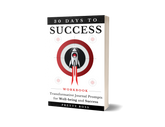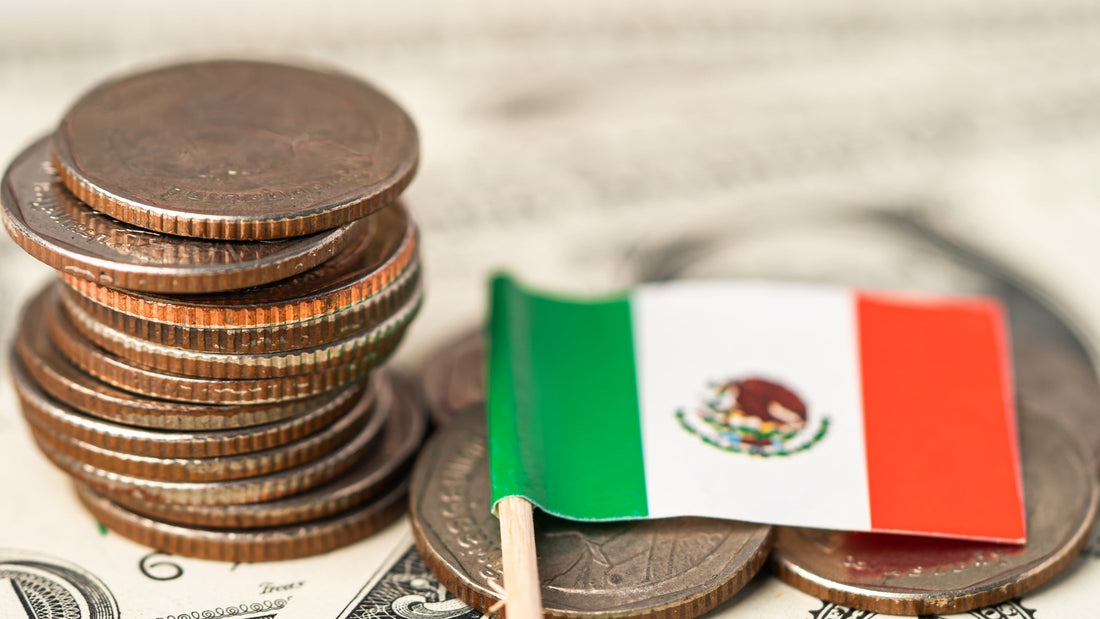⏳ 5 min read | by Pretty Boss
10 Ways U.S. Expats Can Hedge Against Trump Tariffs
Trump Tariffs Explained: Why Expats Should Prepare
With new Trump tariffs on Mexico, China, and other major trade partners in 2025, the global economic landscape is shifting. Fast. While the official goal is to boost American manufacturing, the reality is that tariffs lead to higher prices on essential goods like food, electronics, and even housing materials.
For the 1.6+ million U.S. expats living abroad, these tariffs aren’t just political moves. They directly impact the cost of living, business operations, and financial stability. Whether you’re in the U.S., Mexico, Portugal, Thailand, or Panamá, preparing for rising costs is essential.
The good news?
You can take proactive steps to protect your finances. Here’s how:
1. Stock Up on U.S. Goods Before Prices Surge
Tariffs raise the cost of imported goods, and that increase trickles down to expats. If you rely on U.S. imports in your host country, buy essential products now before prices rise.
✅ Recommended Stockpile Items:
-
Electronics & Laptops – Apple MacBook Air
-
Nutritional Supplements & Medicine – Emergency First Aid Kit
-
Packaged Foods & Snacks – Bulk Protein Bars
📌 Pro Tip: Research local alternatives for American goods before tariffs take effect.
2. Diversify Your Income & Currency Holdings
A stronger U.S. dollar isn’t guaranteed, and tariffs could impact exchange rates—making life abroad more expensive. Expats should hedge against fluctuations by holding multiple currencies.
✔ Open a multi-currency account: Wise Account
✔ Keep savings in USD, local currency, and EUR/GBP as a hedge.
✔ Earn in different currencies through freelancing or investing in international markets.
✅ Best Banking Options for Expats: Read More
3. Prioritize Local Goods Over U.S. Imports
If tariffs make U.S. imports more expensive, expats should shift to locally sourced alternatives.
🌎 How to adjust:
✔ Buy fresh produce from local farmers instead of imported U.S. groceries.
✔ Choose regional brands for clothing, appliances, and tech accessories.
✔ Support local businesses instead of relying on major American brands.
✅ Switching to Mexican-made goods? Top Sustainable Brands
 Photo: Portrait of local shop owner
Photo: Portrait of local shop owner
4. Use a VPN to Avoid Price Hikes on U.S. Services
Many U.S. expats still rely on American streaming, banking, and e-commerce services. If companies raise prices due to tariffs, using a VPN can help you access lower prices from different regions.
✔ Best VPN for Expats: ExpressVPN 🔒
✅ More Digital Nomad Tools: Read More
5. Reduce Dependency on U.S.-Based Businesses
If you own a business abroad, rising tariffs could affect import costs and product pricing. Now is the time to diversify suppliers and markets.
📦 How to protect your business:
✔ Shift supply chains to non-U.S. sources when possible.
✔ Build relationships with local manufacturers & wholesalers.
✔ Explore regional trade agreements that bypass U.S. tariffs.
✅ Best Business Banking for Expats: Read More
6. Lock in Rental & Real Estate Deals Now
If tariffs trigger inflation, expect housing and rent prices to rise in some expat hubs.
🏡 How to prepare:
✔ Lock in long-term lease agreements at today’s rates.
✔ Consider buying property now before potential price hikes.
✔ If investing in real estate, diversify locations to minimize risk.
✅ Investing in Property Abroad? Read More
7. Hedge Against Currency Volatility
The foreign exchange market can be volatile during trade wars. Expats should protect their wealth against sudden shifts in currency values.
✔ Best FX Trading Platforms: Interactive Brokers
✔ Use a multi-currency wallet for daily expenses.
✅ Avoiding Currency Risks: Read More
8. Buy in Bulk & Use Warehouse Memberships
Tariffs make bulk purchasing a smart financial move. If your host country has Costco or Makro, consider stocking up on essentials.
🛒 Best Bulk Purchase Items for Expats:
✅ Expat Grocery Hacks: Read More
9. Consider a Second Residency or Citizenship
Long-term expats should explore dual citizenship or permanent residency in countries that offer economic stability.
✔ Popular Expat Residency Options:
-
Portugal's Golden Visa (Investment-Based)
-
Mexico's Temporary Residency (Low Financial Requirements)
-
Panama’s Friendly Nations Visa (Quick Processing)
✅ Best Expat-Friendly Countries for 2025: Read More
10. Stay Informed & Adapt Quickly
Trade policies change. Stay ahead of the curve by following global trade news and adapting your financial plan as needed.
✔ Best News Sources for Expats:
✅ Expat Survival Tips: Read More on Reddit
Final Thoughts: Smart Expats Stay Prepared
Trump tariffs on Mexico may be marketed as protecting U.S. industries, but for US citizens and US expats, they often mean higher costs of living and financial challenges. The key is to stay ahead of price increases, diversify income, and minimize dependency on U.S. imports.
By planning now, you can maintain financial stability no matter how the trade landscape shifts.
🎥 Thousands celebrate with Mexico’s president after US delays tariffs
🚀 Want more expat financial tips? Explore my latest guides:
✅ Ultimate Guide to Expat Banking
✅ Best Countries for U.S. Expats in 2025
📢 Have you been adjusting your finances to prepare for tariffs? Let me know in the comments!






















